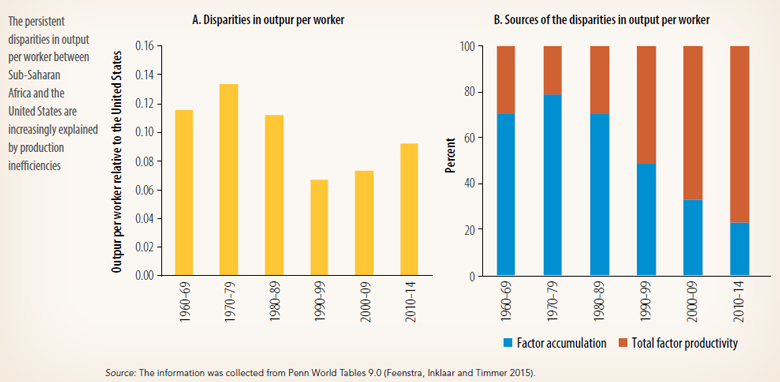By Metohuey Michael Adoglo
The latest edition of the World Bank’s Africa’s Pulse report announces a slowdown in growth in sub-Saharan Africa. Faced with new economic challenges, there are fears of unrest due to inflation and the worsening food crisis in the region.
Growth in sub-Saharan Africa is projected to decline from 4 percent in 2021 to 3.6 percent in 2022, according to the latest edition of the World Bank’s Africa’s Pulse report, which analyzes the region’s short-term macroeconomic outlook. The post-Covid recovery remains uneven, incomplete, and unevenly distributed across the region, the study says. In eastern and southern Africa, growth is projected to decline to 3.1 percent in 2022 and to be around 3.8 percent in 2024, after 4.1 percent in 2021. West and Central Africa would grow by 4.2 percent in 2022 and 4.6 percent in 2023.
READ MORE: COVID-19: China’s virus strategy wins Africa praise
This overall slowdown in growth, the Bank says, is part of a regional context marked by the persistence of new variants of the coronavirus disease (Covid-19), global inflation, disruption of supply chains, and climate shocks. Added to this is the rise in global commodity prices, which has accelerated since the outbreak of the conflict between Russia and Ukraine, two major exporters of fertilizer, wheat and other commodities. All these factors exacerbate the economic challenges of the region, especially the already high level of food insecurity due to supply difficulties and soaring prices of fertilizers and food products.
READ MORE: Equatorial Guinea: Meet the 21-year old Rising Star Musician Defining her own style
According to experts, the economies of sub-Saharan Africa are also likely to be affected by the tightening of the global economy and a reduction in foreign financial flows to the region. Rising fuel and food prices will lead to higher inflation, an increase in the general price level that has been felt since last year.
Millions of vulnerable people are at risk of falling into extreme poverty, especially in urban areas. In the current context of heightened political instability, there is a risk that more civil unrest could erupt as a result of inflation driven by energy and food prices, the World Bank warns.
The views and opinions expressed in this article are those of the author’s and do not necessarily reflect those of Africanian News.
